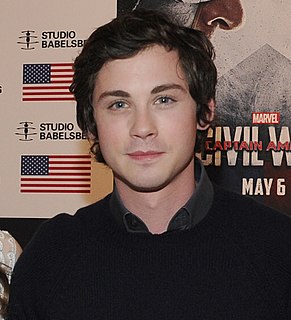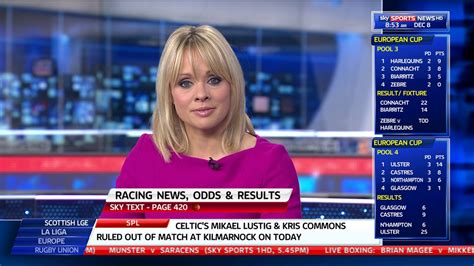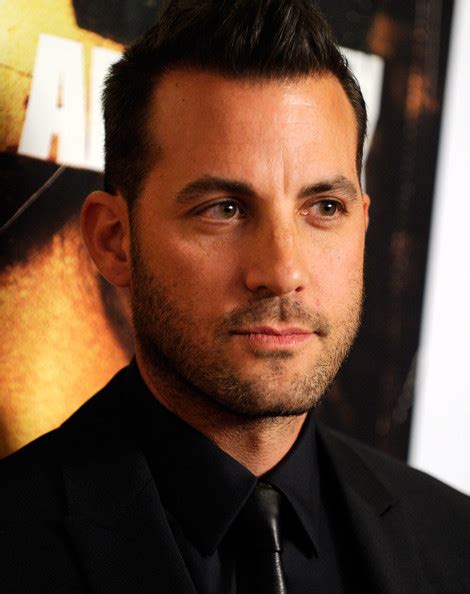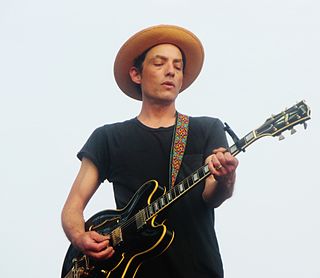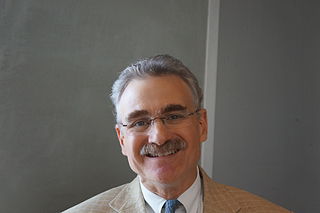A Quote by Logan Lerman
You would assume that a filmmaker should know how to edit, but pretty much every filmmaker I've worked with doesn't know how to edit.
Related Quotes
In TV, you are much more likely to see the episode closer to the script as written - in terms of the order of the scenes - than you would in a movie, and here's why: you don't have as many days to edit. You have 10 to 12 weeks or more to edit a feature, and you have four days to edit TV. That's a huge difference.
We've been fighting our whole lives to say we're just human beings like everyone else. When we start separating ourselves in our work, that doesn't help the cause. I've heard it for years: 'How do you feel being a black filmmaker?' I'm not a black filmmaker, I'm a filmmaker. I'm a black man, I have black children. But I'm just a filmmaker.
I think a lot of the logic of Google+ is much better in terms of notification of messages to you, in terms of how you post. One very obvious feature is that with Google+, after you post something, you can edit it forever. That is true of both posts and comments. I edit almost every post I make and almost every comment I make.
The Coen brothers: Of all the directors I've worked with, they're the only ones who have given me the storyboards attached to the script. It was very cool for me, because I knew when I was in close-up or if it was far away, and it also made me know that anything that happened in the edit wasn't personal. Because they edit their own movies, so they were editing it as they went.
Filmmaking materials are in the hands of more people now than ever before. I would like to think that the more people have these tools, the more people will learn how to use them, it's another argument I would argue for, personally, for art's education. Because there are kids who aren't that literate in screen language and they've got to know how people select shots, how people edit audio, how people combine things to make what they see on the screen. It would be like the 15th century or the 16th century in Germany, and somebody amends a printing press and you don't know how to read and write.
I try not to think of myself as a woman filmmaker. I don't look for women influences. I have noticed in the past few years that there is a certain ceiling that a woman filmmaker can reach. I don't believe that it's sexism per se, but there are certain expectations in the industry about what films should be, how they should be made, what stories they should tell, and it's a habit, it's a tradition.
